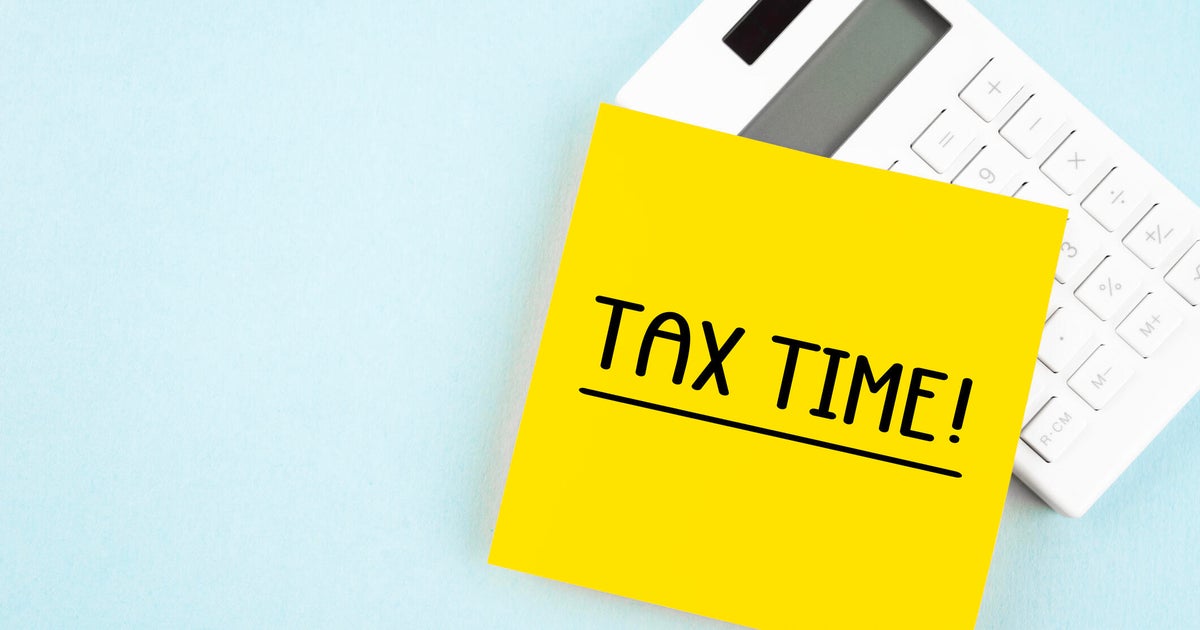2024 tax refunds could be larger than last year due to new IRS brackets. Here's what to expect.
Many Americans got a shock last year when the expiration of pandemic-era federal benefits resulted in their receiving a smaller tax refund check. That unwelcome surprise raises the question of what taxpayers can expect this year.
The good news: People could see bigger refunds this year, with some potentially receiving 10% more than a year earlier, according to Mark Steber, chief tax information officer at Jackson Hewitt.
Tax filing began today, with the IRS accepting tax returns starting January 29.
Last year, the average tax refund was $3,167, or almost 3% less than the prior year, according to IRS statistics. By comparison, the typical refund check jumped 15.5% to almost $3,300 in 2022, when taxpayers received generous tax credits like the expanded Child Tax Credit.
The smaller tax refund in 2023 proved to be a double whammy for many Americans, who were at the same time reeling from high inflation that eroded their purchasing power. Tax refunds often represent a household's biggest annual injection of cash, surpassing a typical worker's paycheck, and are often used to pay down debt or bolster savings.
How inflation affects your tax refund
Ironically, inflation could ultimately benefit taxpayers this year, tax experts say. That's because the IRS adjusted many of its provisions in 2023 for inflation, pushing the standard deduction to a more generous level and raising its tax brackets by 7.1% — a historically large adjustment.
"Say your income didn't keep pace with inflation — you made the same as the prior year but didn't increase your income by that inflation rate of 7% or so — you could see a better refund," Steber told CBS MoneyWatch. "We are predicting a higher refund for those people, up to 10%"
Steber said that prediction is based on modeling using last year's tax refund data, as well as the inflation adjustments from the IRS for tax brackets, the standard deduction and other provisions.
The median worker saw their earnings increase about 5.5% in 2023, according to the Bureau of Labor Statistics. That's below the 7.1% inflation adjustment adopted by the IRS for many tax provisions last year.
"A lot of people didn't keep pace with inflation," Steber said, predicting that middle- and lower-income workers are the most likely to see higher refunds this year.
2024 tax refund calculator
One way to check your refund is to plug in your income and other data into a 2024 tax refund calculator, which are offered by tax prep companies such as H&R Block as well as financial sites such as Nerdwallet.
Not everyone will get a bigger tax refund, of course. And more taxpayers could end up owing this year, especially given that more people took on side gigs last year to compensate for higher costs, Steber said. Some of them might not have paid quarterly self-employment taxes and could owe the IRS come April 15, he noted.
"Like anything in the tax world, there are winners and losers," said Mark Jaeger, vice president of tax operations at TaxAct.
Homeowners who tapped expanded home energy tax credits might get a bigger refund, he noted, as well as people whose incomes didn't keep up with inflation.
Another group that could see bigger refunds are low-income families with children, given an expansion of the Earned Income Tax Credit. The maximum credit for the 2023 tax year is $7,430, up from $6,935 the prior year.
But Social Security beneficiaries may get hit with higher taxes, Jaeger warned. That's because the threshold above which retirees must pay taxes on their Social Security isn't adjusted for inflation, remaining at a level that hasn't changed since 1984.
When will I get my tax refund?
The IRS kicked off the new tax filing season on January 29, which means that taxpayers will have between that date and April 15 to file their returns. If you need more time, you can request an extension, which gives you until mid-October to file.
Residents of Maine and Massachusetts have until April 17 to file their taxes because of state holidays, and people living in federally declared disaster areas may also have more time to file.
Most taxpayers get their refunds within 21 days. People who file their taxes as soon as possible on January 29 should get their payments by February 19.
However, the IRS cautions that isn't guaranteed, noting that some returns may take more time to review. The IRS said the best way to check the status of your refund is to visit Where's My Refund? on IRS.gov or the IRS2Go app.



